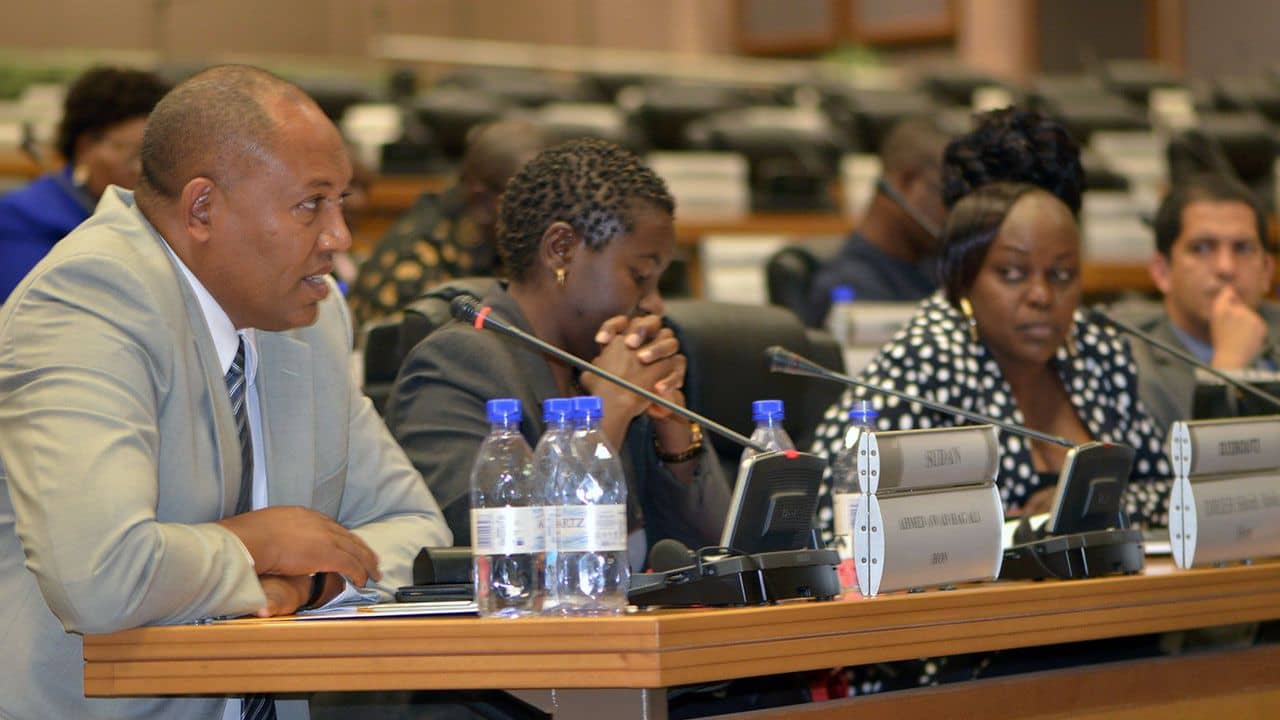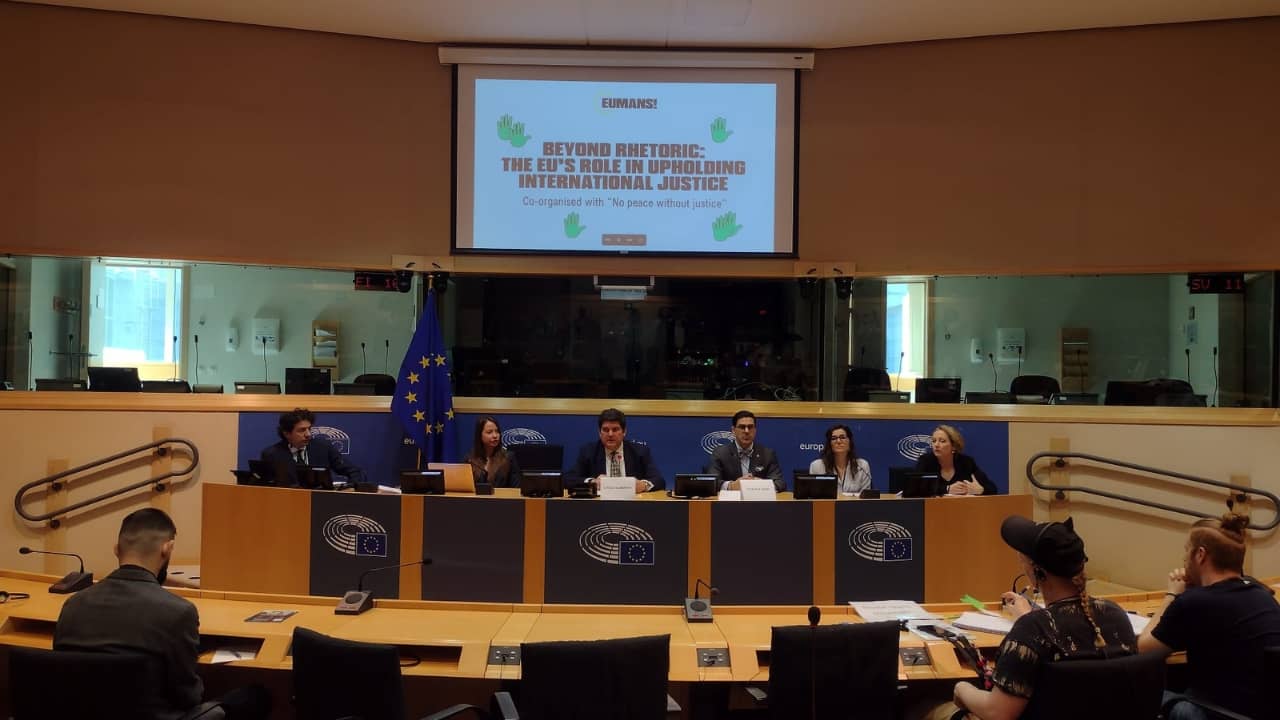
What is the PAP?
The Pan-African Parliament (PAP), also known as the African Parliament, was established in 2004. It is the legislative body of the African Union. The PAP is at present composed of 229 Members of Parliament representing 52 African countries. It exercises oversight and has advisory and consultative powers, lasting for the first five years. The ultimate aim of the Pan-African Parliament is to evolve into an institution with full legislative powers, whose members are elected by universal adult suffrage. Initially, the seat of the Pan-African Parliament was in Addis Ababa, Ethiopia but it was later moved to Midrand, Johannesburg, South Africa.
PGA’s Work
Since the issuance of arrest warrants for crimes against humanity, war crimes and genocide against the sitting President of Sudan by the ICC in 2009-10, PGA members played an active role for almost a decade in opposing and blocking the introduction of resolutions within the PAP that were aimed at support certain AU policies calling African States to withdraw from the Rome Statute.




